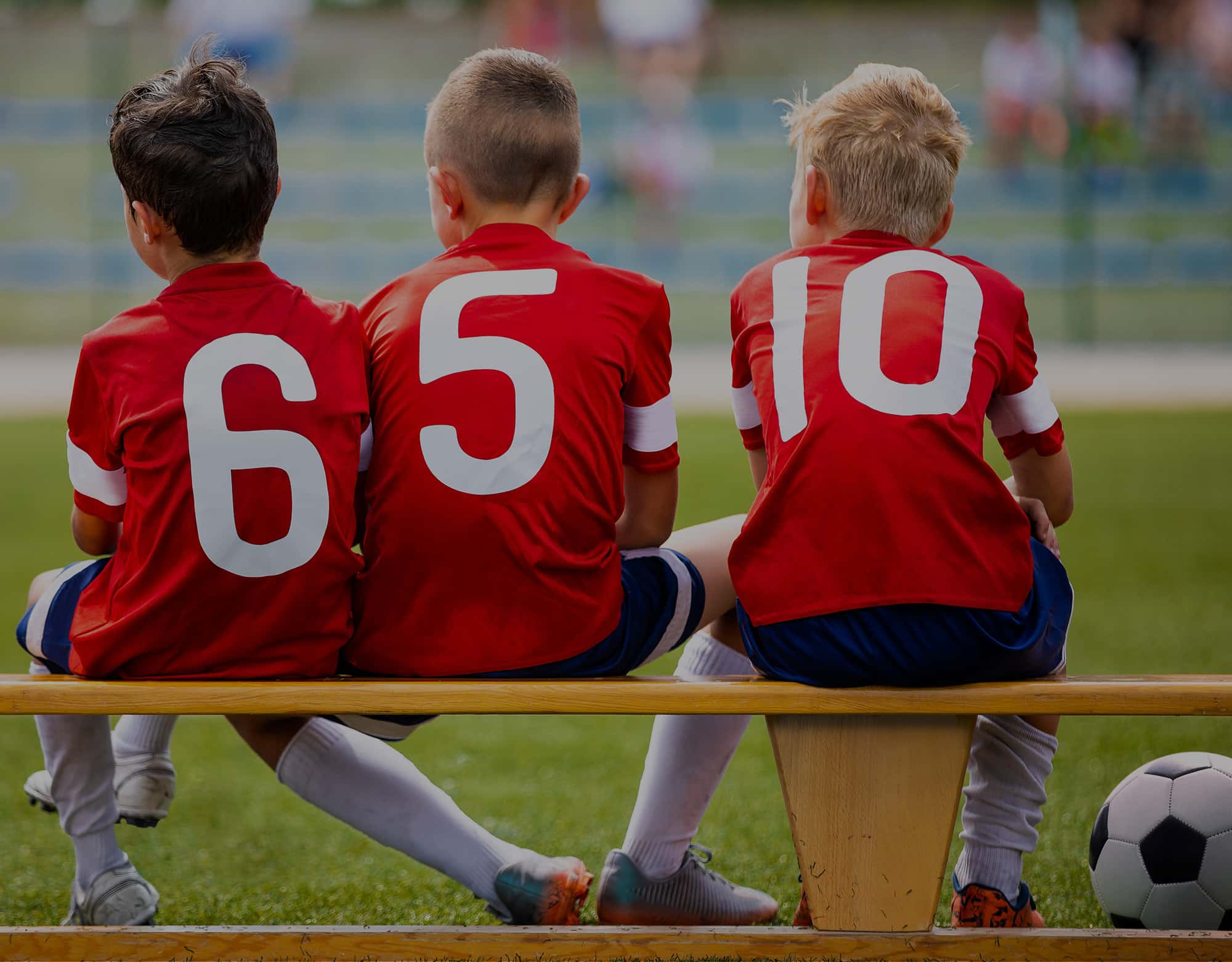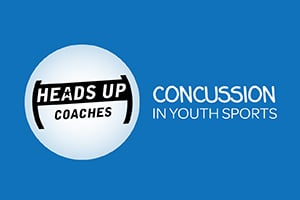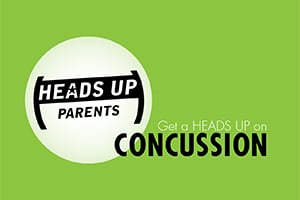Concussion Awareness

What Is A
Concussion?
A concussion is a type of traumatic brain injury, or TBI, caused by a bump, blow, or jolt to the head that can change the way your brain normally works. Concussions can also occur from a blow to the body that causes the head to move rapidly back and forth. Concussions can occur in any sport or recreation activity. A concussion can have long term impacts on young athletes such as their health, memory, learning and even their survival. All participants in youth sports – coaches, parents and athletes – should be aware of the signs and dangers a concussion can pose.
Concussion Signs &
Symptoms
What Should You Do If You
Think a Concussion Has Occurred?
A health care professional will be able to decide how serious the concussion is and when it is safe to return to play.
Concussions take time to heal. Don’t return to play until a health care professional says it’s OK. Children who return to play too soon while their brain is still healing risk a greater chance of having a second concussion. Second or later concussions can be very serious. They can cause permanent brain damage, affecting the injured student-athlete for a lifetime.
Coaches should know if an athlete has had a recent concussion. The coach may not know about a concussion in another sport or activity if he or she is not informed by the parent, guardian or athlete.





